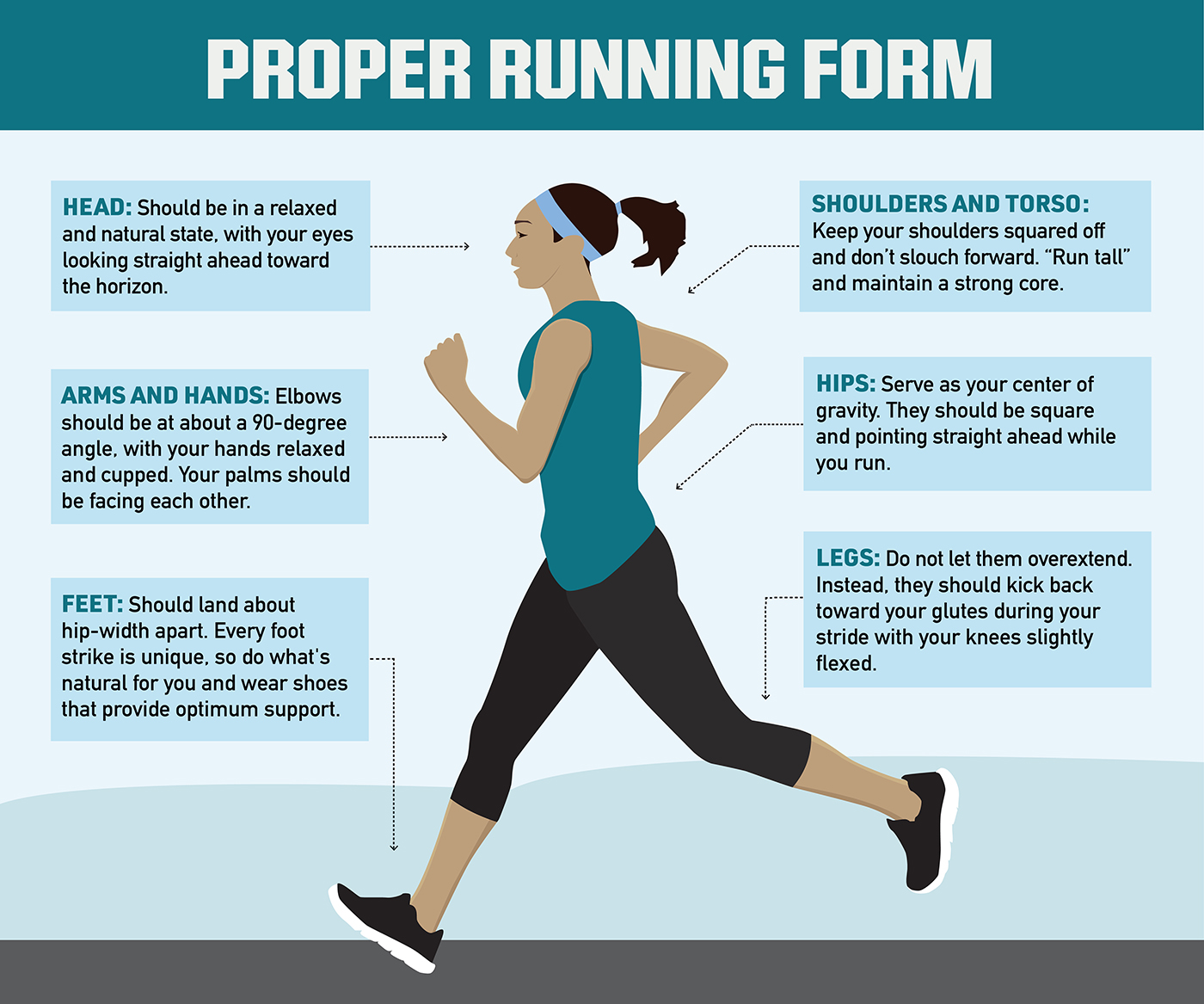Understanding the Importance of Proper Preparation
Preparing for a 5K race is a multi-faceted endeavor, encompassing rest, nutrition, hydration, and the day-before-the-race run. While the latter is a topic of debate among runners, it is essential to consider the role of this run in the context of your overall training plan. The question of “should you run the day before a 5k” is not a simple one and requires a comprehensive understanding of the potential benefits and drawbacks.
The Case for Running the Day Before a 5K
Advocates of running the day before a 5K argue that maintaining a routine, staying loose, and keeping muscles warmed up can contribute to a successful race. Light jogging or cross-training activities can provide several benefits, including:
- Maintaining routine: A short run can help maintain your pre-race routine and provide a sense of normalcy, reducing anxiety and stress associated with race day.
- Staying loose: A gentle jog can help alleviate muscle stiffness and maintain flexibility, which can be beneficial for runners who struggle with tightness.
- Keeping muscles warmed up: A brief run can help keep your muscles warm, potentially reducing the risk of injury during the race.
However, it is crucial to approach the day-before-the-race run with caution. The primary goal should be to preserve energy and promote recovery. A light jog or cross-training session should never compromise your race readiness or increase the risk of injury.
The Case Against Running the Day Before a 5K
Despite the potential benefits of running the day before a 5K, there are compelling reasons to abstain from running. These reasons include the risk of injury, fatigue, and decreased performance. Emphasizing active recovery and mental preparation can lead to a more successful race day experience.
- Risk of injury: Running the day before a 5K can increase the risk of injury, especially if you are not adequately rested or if your body is not fully recovered from previous runs. Overuse injuries, such as shin splints or stress fractures, can result from inadequate recovery time.
- Fatigue: Running the day before a 5K can leave you feeling fatigued on race day, negatively impacting your performance. Adequate rest is crucial for maintaining energy levels and ensuring optimal performance.
- Decreased performance: Running the day before a 5K can lead to decreased performance due to insufficient recovery time and energy depletion. Allowing your body to rest and recharge can contribute to a stronger, more successful race day performance.
Active recovery, such as stretching, foam rolling, or engaging in light physical activities like walking or cycling, can help promote blood flow, reduce muscle soreness, and prepare your body for race day without compromising your performance or increasing the risk of injury.
Alternatives to Running the Day Before a 5K
While running the day before a 5K can have benefits for some individuals, it is essential to consider alternative activities that can contribute to overall race readiness without increasing the risk of injury or decreasing performance. Some options include:
- Stretching: Engaging in dynamic or static stretches can help improve flexibility, reduce muscle tension, and promote relaxation. Focus on stretching major muscle groups, such as the hamstrings, quadriceps, and calves.
- Foam rolling: Self-myofascial release techniques, like foam rolling, can help alleviate muscle soreness, improve range of motion, and promote recovery. Spend 10-15 minutes foam rolling major muscle groups, focusing on areas of tension or tightness.
- Light physical activities: Engaging in light physical activities, such as walking, cycling, or swimming, can help maintain a routine without compromising energy levels or increasing the risk of injury. Aim for 20-30 minutes of light activity, keeping intensity low and focusing on enjoyment.
By incorporating these alternative activities into your pre-race routine, you can promote active recovery, maintain flexibility, and prepare your body for race day without the need for a day-before-the-race run.
Creating a Personalized Training Plan
Designing a personalized training plan tailored to your individual fitness level, goals, and race schedule is crucial for success in a 5K event. A well-structured plan should include tapering strategies and cross-training activities to optimize performance and minimize the risk of injury. Here are some tips for creating an effective training plan:
- Assess your fitness level: Before designing a training plan, evaluate your current fitness level to determine an appropriate starting point. Consider factors such as your running pace, endurance, and strength.
- Set realistic goals: Establish clear, measurable goals for your 5K event. Consider factors such as your desired finishing time, target heart rate zones, and weekly mileage targets.
- Plan ahead: Schedule your training plan to accommodate your race date, work or school commitments, and personal obligations. Aim to complete the majority of your intense training sessions 2-3 weeks before the race to allow for adequate recovery and tapering.
- Incorporate tapering strategies: Gradually reduce your weekly mileage and intensity in the weeks leading up to the race to allow your body to recover and recharge. A typical taper period lasts 2-3 weeks, depending on the length and intensity of your training plan.
- Engage in cross-training activities: Incorporate cross-training activities, such as swimming, cycling, or strength training, to improve overall fitness and reduce the risk of injury. Cross-training can also help maintain a routine without compromising energy levels or increasing the risk of overtraining.
By following these tips, you can create a personalized training plan that optimizes your performance and minimizes the risk of injury, making the question of “should you run the day before a 5k” less relevant.
Listening to Your Body: Adapting Your Pre-Race Routine
Adapting your pre-race routine based on your body’s feedback is essential for optimizing performance and minimizing the risk of injury. By recognizing signs of fatigue, injury, or overtraining, you can adjust your training plan accordingly and make an informed decision about whether to run the day before a 5K. Here are some tips for listening to your body:
- Monitor your energy levels: Pay attention to how you feel during and after your workouts. If you experience excessive fatigue, muscle soreness, or a prolonged recovery time, consider adjusting your training plan to allow for additional rest and recovery.
- Look for signs of injury: Be aware of any pain, swelling, or discomfort in your joints or muscles. If you notice persistent pain or inflammation, consult a healthcare professional and consider modifying your training plan to accommodate injury recovery.
- Evaluate your mental state: Assess your motivation, focus, and stress levels. If you feel overwhelmed, anxious, or unmotivated, consider incorporating relaxation techniques, such as meditation, deep breathing, or yoga, into your pre-race routine.
- Track your progress: Keep a training log to monitor your weekly mileage, intensity, and recovery time. By tracking your progress, you can identify patterns and adjust your training plan to optimize performance and minimize the risk of injury or overtraining.
By listening to your body and adapting your pre-race routine accordingly, you can make an informed decision about whether to run the day before a 5K and ensure that you are well-prepared for race day.
Mental Preparation: Building Confidence and Reducing Race-Day Anxiety
Mental preparation plays a crucial role in 5K success. By building confidence, reducing anxiety, and visualizing race-day performance, you can optimize your mindset and enhance your overall performance. Here are some techniques for mental preparation:
- Build confidence: Develop a strong sense of self-belief by focusing on your strengths, accomplishments, and progress. Set realistic goals and celebrate your achievements, no matter how small. Remember that confidence is a skill that can be developed and strengthened over time.
- Reduce anxiety: Manage pre-race anxiety by practicing relaxation techniques, such as deep breathing, meditation, or progressive muscle relaxation. Create a pre-race routine that includes activities you enjoy, like listening to music, reading, or spending time with friends and family. By establishing a consistent routine, you can create a sense of familiarity and control, reducing anxiety and stress.
- Visualize success: Use visualization techniques to imagine yourself performing at your best on race day. Picture yourself crossing the finish line, feeling strong, confident, and energized. Visualize yourself overcoming obstacles, such as hills, crowds, or challenging weather conditions. By mentally rehearsing your performance, you can build confidence, reduce anxiety, and enhance your focus and motivation.
- Emphasize positive self-talk: Replace negative self-talk with positive affirmations and encouragement. Instead of focusing on your weaknesses or fears, focus on your strengths, abilities, and potential. Use language that is uplifting, empowering, and supportive. By cultivating a positive mindset, you can enhance your motivation, focus, and resilience, making the question of “should you run the day before a 5k” less relevant.
By incorporating these mental preparation techniques into your pre-race routine, you can build confidence, reduce anxiety, and optimize your mindset for race day success.
Post-Race Recovery: Restoring Energy and Promoting Healing
Proper post-race recovery is essential for restoring energy, promoting healing, and preventing injury. By prioritizing rest, rehydration, and refueling, you can enhance your overall well-being and set the stage for future success. Here are some tips for post-race recovery:
- Rest: Allow your body to rest and recover by taking a break from intense exercise. Schedule a post-race rest day or engage in light activities, such as walking or stretching. By giving your body time to heal, you can reduce the risk of injury and promote overall well-being.
- Rehydrate: Replenish fluids lost during the race by drinking water, electrolyte-rich beverages, or sports drinks. Aim to consume 16-24 ounces of fluids for every pound lost during the race. By rehydrating, you can restore electrolyte balance, prevent dehydration, and support overall health and performance.
- Refuel: Replenish glycogen stores and promote muscle repair by consuming a balanced meal within 30-60 minutes of the race. Focus on carbohydrates, protein, and healthy fats, such as whole grains, lean meats, fruits, vegetables, and nuts. By refueling, you can support muscle recovery, reduce soreness, and enhance overall well-being.
- Massage and stretching: Incorporate massage and stretching into your post-race routine to alleviate muscle tension, reduce soreness, and promote healing. Consider booking a professional massage or engaging in self-massage techniques, such as foam rolling or self-myofascial release. By promoting flexibility and mobility, you can support long-term health and performance.
By prioritizing post-race recovery, you can enhance your overall well-being, reduce the risk of injury, and set the stage for future success. Remember, the question of “should you run the day before a 5k” is less important than focusing on proper recovery and preparation for race day and beyond.








